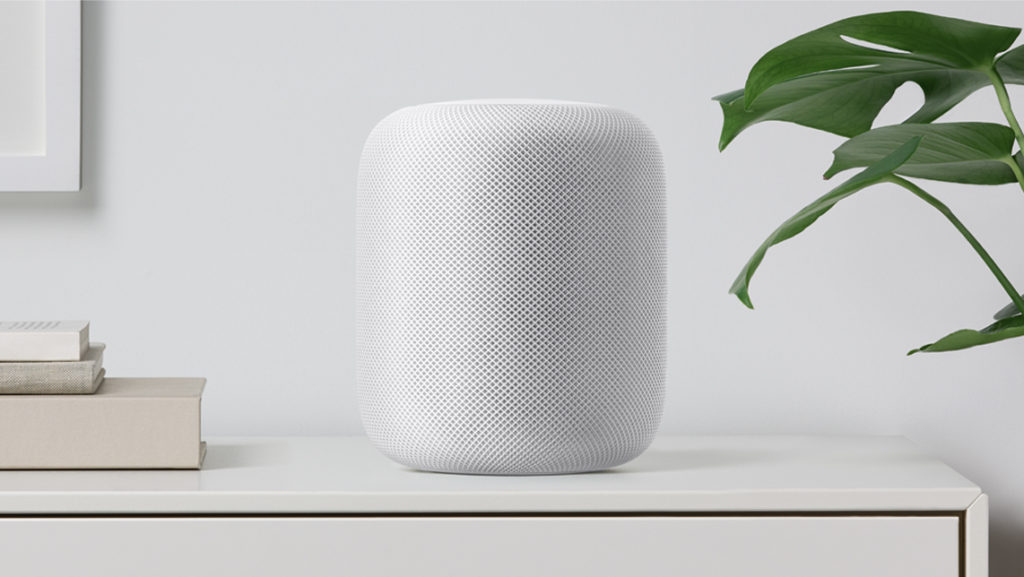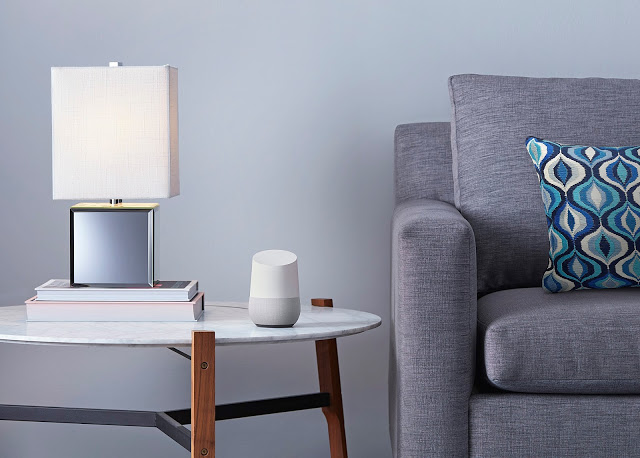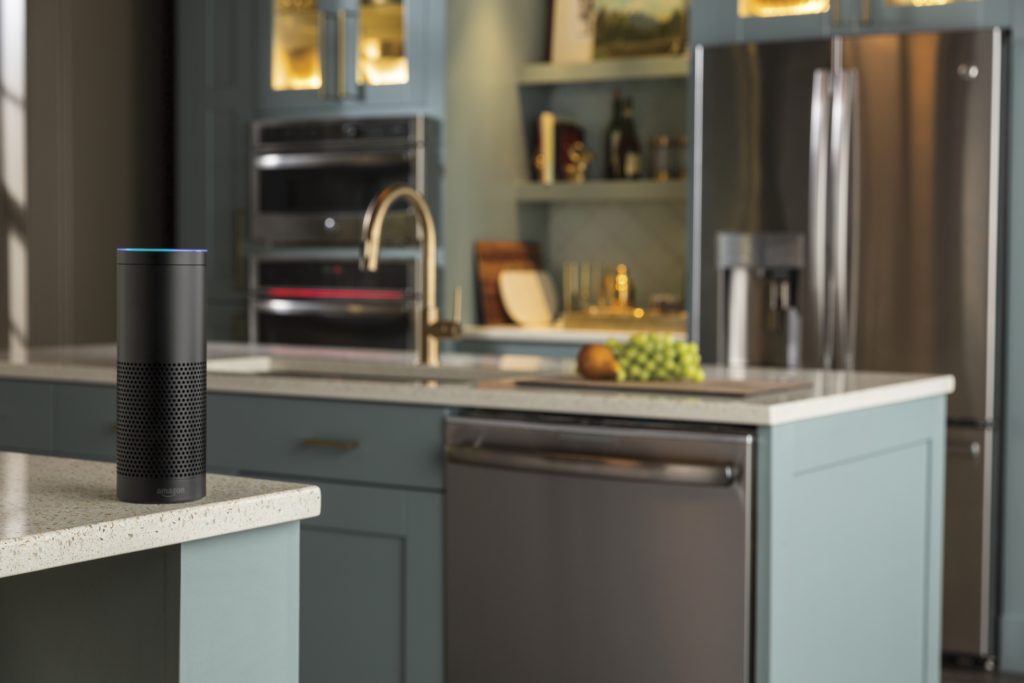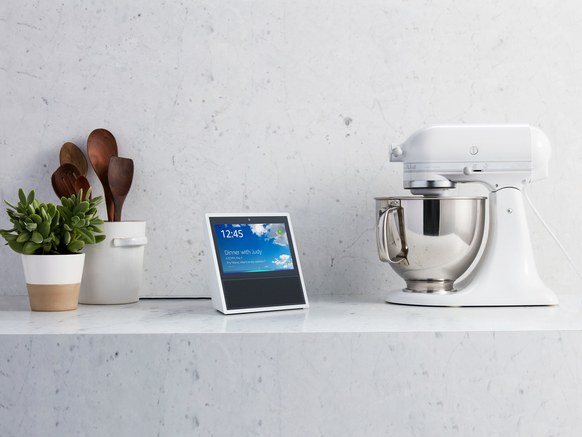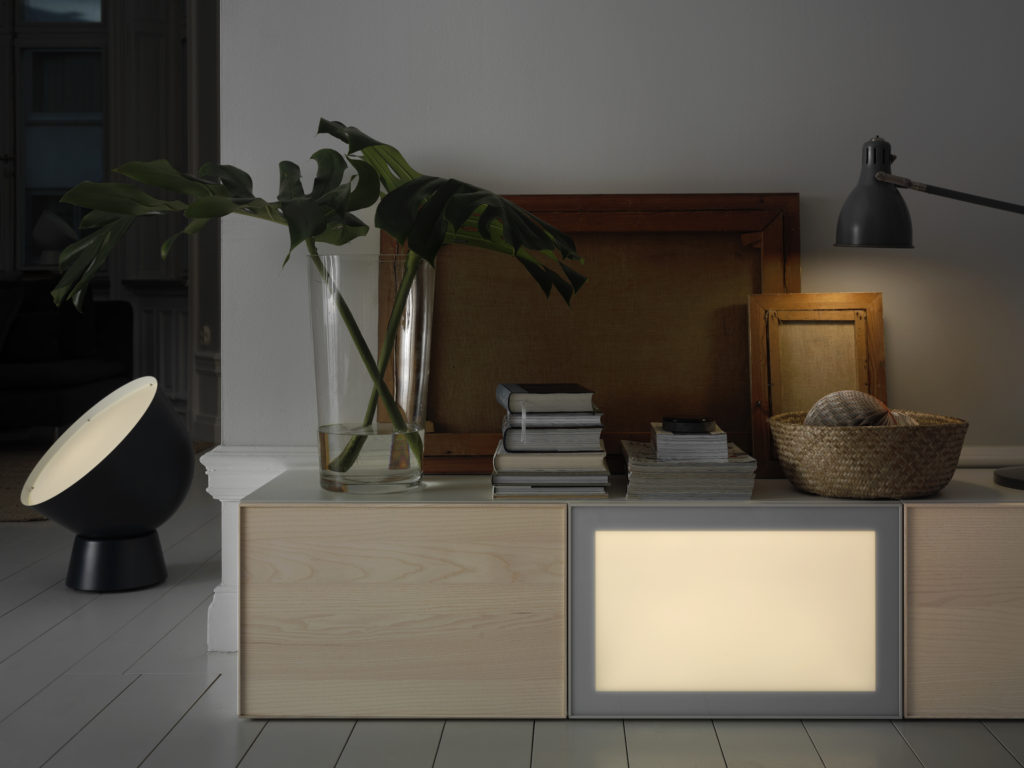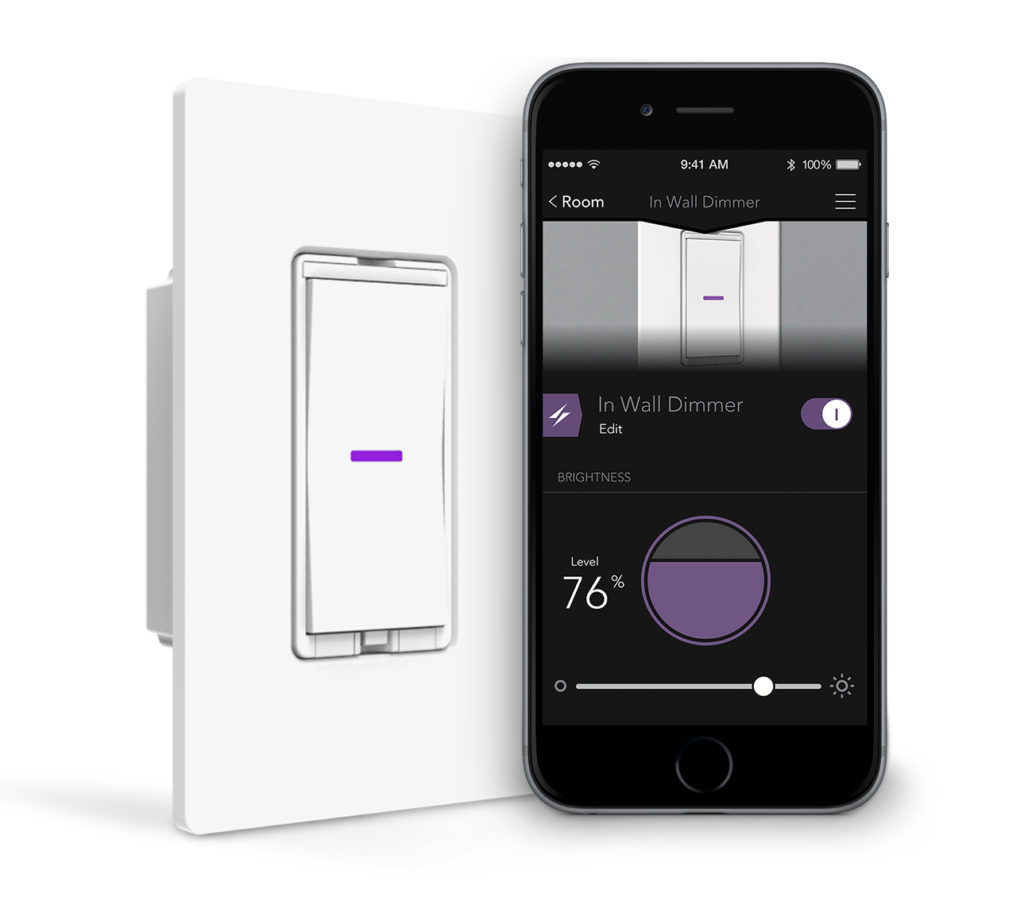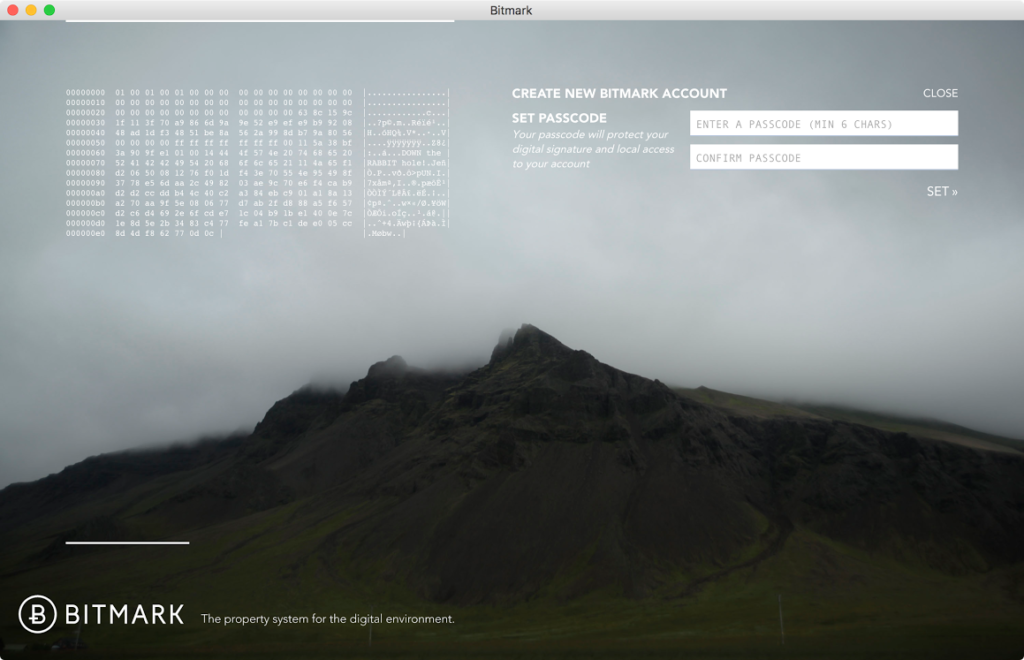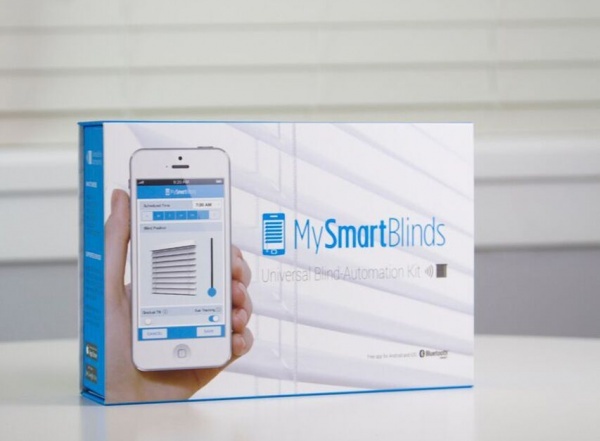There was a lot of Wi-Fi news this week with new routers and services from Eero. Meanwhile, the Wi-Fi Alliance has created a certification program for builders to ensure that newly constructed homes get the best in-home coverage available. Since I was out this week, Kevin and I recorded early, so there’s news of AWS Greengrass and Softbank buying Boston Dynamics. Plus, Kevin and I share how to connect your smart locks to Alexa and further information on the WeMo dimmer.
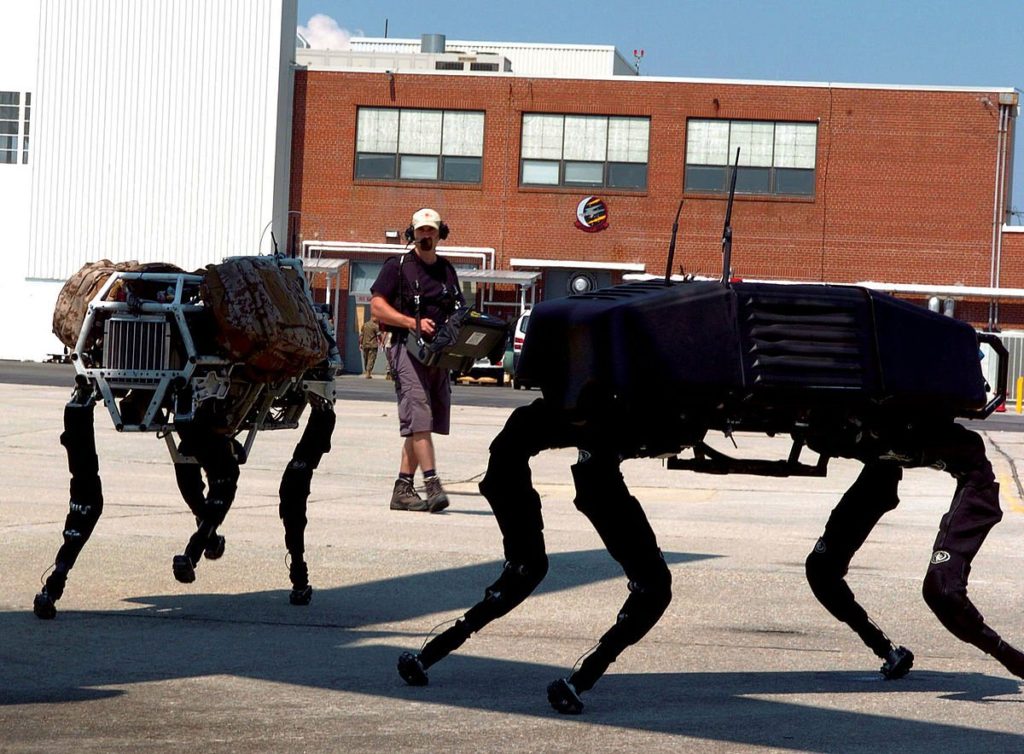
My guest this week tackles a serious topic. Davida Herzl, the CEO Aclima, discusses how we can use sensors on cars to map pollution data and shares the results of a study conducted in Oakland with Google. We talk about the importance of scientific validation for sensor data and algorithms as well as how to charge for this type of data. Beyond that, she shares why she thinks this sort of granular pollution monitoring is the future of fighting climate change.
Hosts: Stacey Higginbotham and Kevin Tofel
Guest: Davida Herzl, the CEO Aclima
Sponsors: Affiliated Monitoring and TE Connectivity
- So much news on the Wi-Fi front
- How to tell Alexa to lock your doors using IFTTT
- Testing Wink’s new service and WeMo’s dimmer
- Where in Oakland is pollution the worst?
- All IoT companies should be validating their data
Podcast: Play in new window | Download | Embed
Subscribe: RSS

